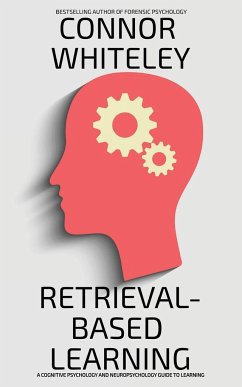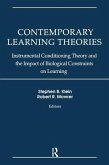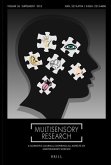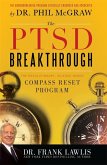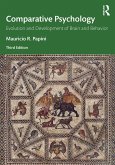People always learn and learning is critical to life. We learn to drive, we learn studying degrees and we learn when reading. Learning is critical to humans. But what strategies and theories support human learning and why is active learning better than passive learning? In this great, engaging, easy-to-understand psychology book, you'll learn about Retrieval-based Learning and why it is an extremely effective method of learning. By the end of this book, you'll know: - What is Retrieval-based Learning? - What's the evidence for it? - How learning changes the brain? - How Retrieval-based Learning studies impact behaviour? - And so much more. Based on international bestselling writer Connor Whiteley's Dissertation, this engaging and easy-to-understand book guides readers through the fascinating topic of Retrieval-based learning and the cognitive psychology mechanisms associated with it. BUY NOW! Retrieval-Based Learning Content Introduction What Is Retrieval-Based Learning? What Are The Biological Underpinnings Of Retrieval-Based Learning? How Was The Experiment Done? How Retrieval-Based Learning Impacts Recall Ability? How Does Retrieval-Based Learning Impact Brain Activity? How Does Retrieval-Based Learning Impact Transfer Learning? The Meaning Of Brain Activity Changes How Can Retrieval-Based Learning Be Applied In The Real World? Limitations Of The Study Conclusion

